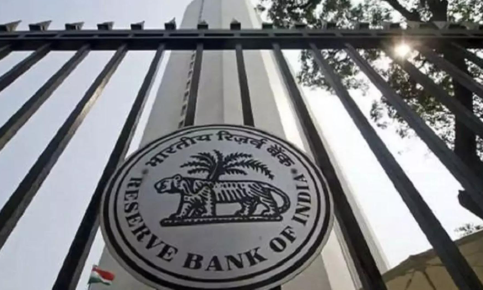NEW DELHI: The Reserve Bank of India’s (RBI) newly issued guidelines for deposit-taking housing finance companies (HFCs), effective from August 12, 2024, are unlikely to impose significant challenges on the sector, according to Crisil Ratings.
The revised regulations introduce three primary amendments that will affect how HFCs manage public deposits. Firstly, the minimum liquidity requirement for public deposits is set to increase from the current 13% to 14% by January 1, 2025, and further to 15% by July 1, 2025. This adjustment also includes a rise in the percentage of unencumbered approved securities held against public deposits. Secondly, the new norms restrict the total amount of public deposits an HFC can hold to 1.5 times its net owned funds, a reduction from the previous limit of three times. This change is effective immediately.
Thirdly, the maximum duration for public deposits has been reduced from 10 years to 5 years, also with immediate effect. Currently, the total public deposits held by deposit-taking HFCs amount to approximately ₹25,000 crore, which represents about 5% of their overall borrowings. According to a director at Crisil Ratings, most deposit-taking HFCs are already in compliance with the new guidelines. While a few might need to bolster their on-book liquidity to meet the 15% requirement and adjust their public deposit ratios accordingly, the overall impact is expected to be manageable. The reduction in deposit tenure could limit the flexibility HFCs have in managing their asset-liability profiles. However, most HFCs do not heavily rely on deposits exceeding five years in maturity.
The RBI has allowed HFCs ample time to phase in the new liquid asset requirements and to gradually reduce any excess or non-compliant deposits as they mature. This regulatory shift is part of the RBI’s ongoing efforts to standardise the regulatory framework for HFCs and non-banking financial companies (NBFCs), with the latter coming under RBI oversight since 2019. The new norms aim to minimise regulatory arbitrage and enhance the focus on the core business and operational fundamentals of HFCs. While the revised deposit norms will require some adjustments, the transition for most HFCs is anticipated to be relatively smooth, supporting their continued stability and alignment with evolving regulatory expectations.


